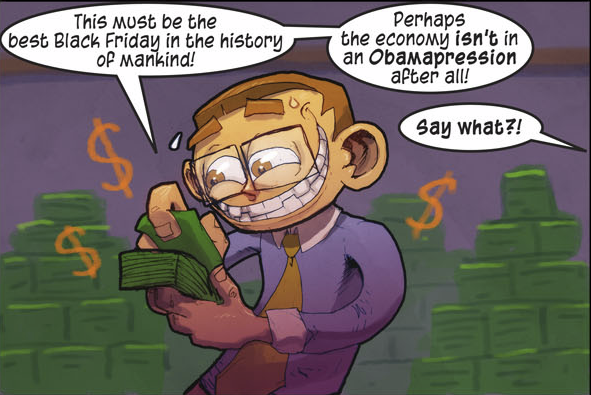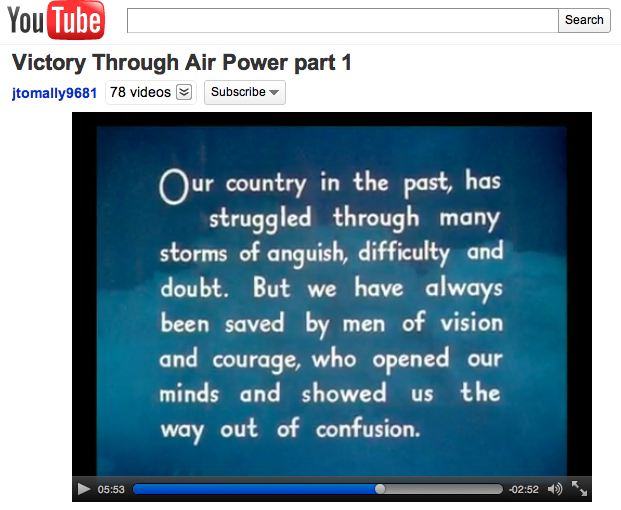Rap scholarship, rap meter, and The Anthology of Mondegreens
Paul Devlin has a fascinating series of articles at Slate on transcription errors in the recently-published Anthology of Rap. Well, the first one starts out as a review of the book, but after the first paragraph or so, it's all about the Mondegreens: "Fact-Check the Rhyme (The Anthology of Rap is rife with transcription errors. Why is it so hard to get rap lyrics right?)", 11/4/2010; "It Was Written (Why are there so many errors in The Anthology of Rap? The editors respond)", 11/10/2010; "Stakes Is High (Members of the Anthology of Rap's advisory board speak out about the book's errors. Plus: Grandmaster Caz lists the mistakes in his lyrics.)", 10/19/2010.
Read the rest of this entry »




